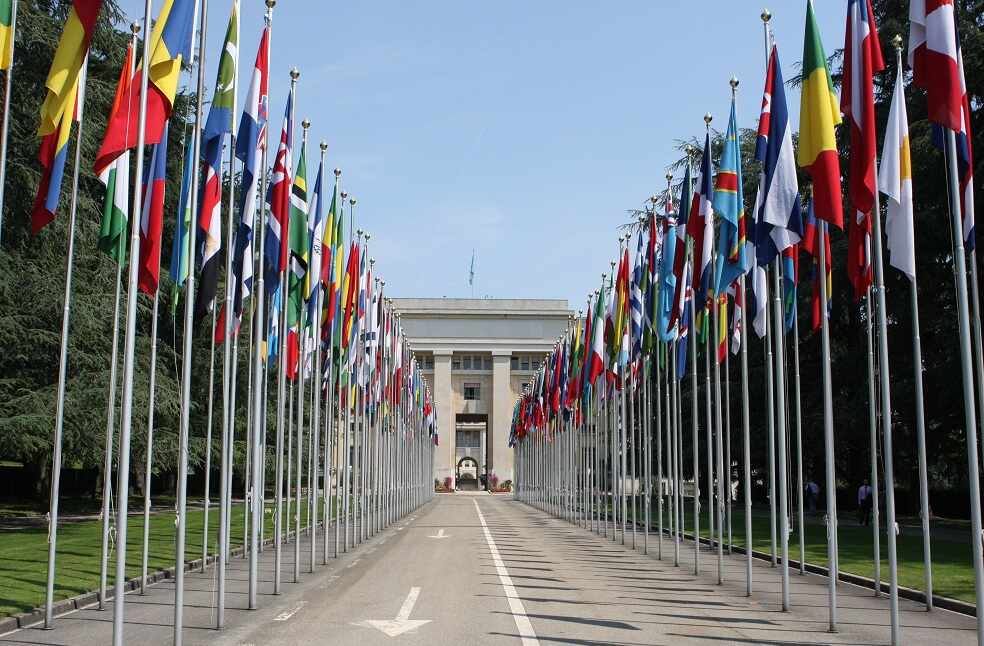China: A surge in the trafficking of methamphetamine, known as meth, from Myanmar, has been observed, with criminal syndicates increasingly using boats to smuggle the illicit drugs out of the country. The United Nations Office on Drugs and Crime (UNODC) has reported a significant increase in the production and transportation of synthetic drugs, particularly meth, from the remote jungles of northern Shan State in Myanmar.
The Golden Triangle region, which encompasses parts of Thailand, Laos, and Myanmar, has long been notorious for its involvement in the drug trade. Historically known for opium production, the area has now become a hub for the manufacture and trafficking of synthetic drugs. Criminal gangs and militias operating in the mountains and jungles have established illegal industrial-scale laboratories, producing large quantities of meth.

Thai and Lao’s authorities have been working closely together, supported by the UNODC, to combat drug trafficking and other transnational organized crimes. Through the establishment of a regional intelligence gathering network and the strengthening of border liaisons offices, cooperation and information sharing have improved. This collaboration has led to notable successes in intercepting drug shipments and apprehending offenders.
However, the challenges faced by law enforcement agencies are immense. The governance issues in the Golden Triangle region, along with fragmented armed groups and militias involved in illicit businesses, complicate the efforts to disrupt the transnational drug trade. The remote and porous borders of Myanmar further exacerbate the situation, making it easy for drugs and other illicit goods to be trafficked in and out of the country.

The UNODC emphasizes the shared responsibility among countries to address transnational criminality effectively. Collaboration and swift action are crucial to tackling the evolving challenges in border areas. Moreover, it is not only drugs that are being trafficked, chemical precursors for drug production, along with people, wildlife, timber, and weapons, are also smuggled across the region.
To address the complex and changing nature of the drug trade, the UNODC has developed training partnerships with agencies in Southeast Asia. Law enforcement officials are equipped with the necessary skills to identify smuggling methods and detect contraband effectively. Despite the successes in interdicting drug shipments, it is acknowledged that seizures represent only a fraction of the drugs being trafficked across the region.



